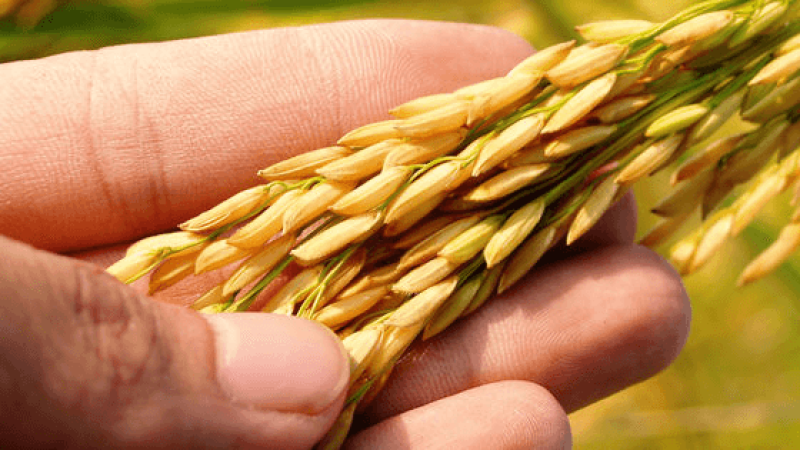Genetically Modified Organisms (GMOs) in the Philippines have been controversial, with a number of people around the world saying they have negative impacts on the environment, can cause “genetic pollution” and are not good for human consumption.
However, amidst the controversies surrounding this biotechnological development, more than 110 Nobel laureates and over 3,500 scientists all over the world have signed a letter addressing and urging Greenpeace International “to reexamine the experience of farmers and consumers worldwide with crops and foods improved through biotechnology; recognize the findings of authoritative scientific bodies and regulatory agencies; and abandon their campaign against GMOs, in general, and Golden Rice, in particular.”
Last year, the Philippines approved Golden Rice–a genetically modified variant of rice–to combat malnutrition and vitamin A deficiency in the country. This makes the Philippines one of the first countries to do so. Fairly recently the number of countries that approved GMO crops has increased to four. Despite this approval, critics have not retracted their criticisms and continue to raise the possible impact of approving GMO in the Philippines.
A study by Professor Jeyakumar Henry of the University of Singapore noted that because diets of Asians are 67 percent rice on the average, and much higher among the poor, it is a welcome move to fortify rice itself with protein genes and vitamins, only made possible because of GMO research.































